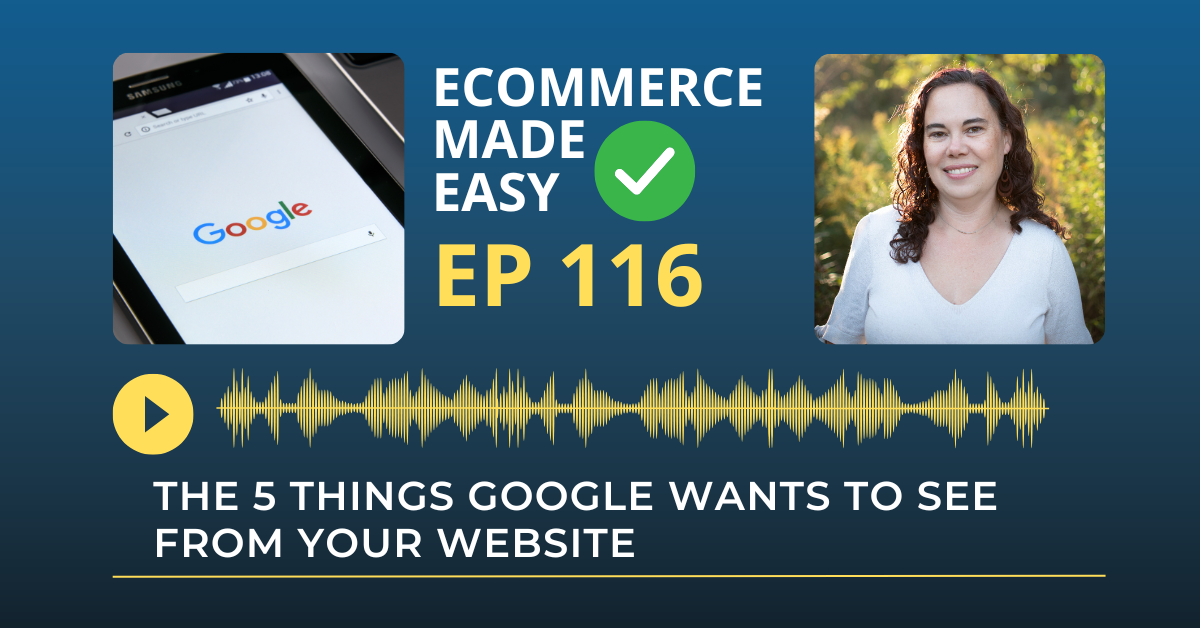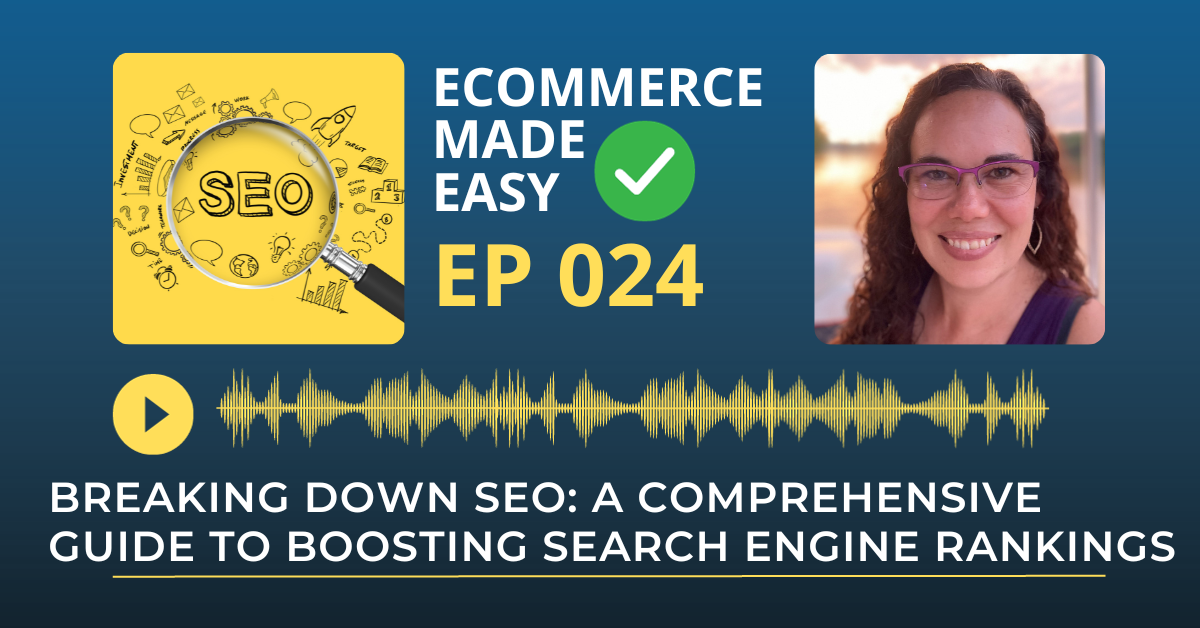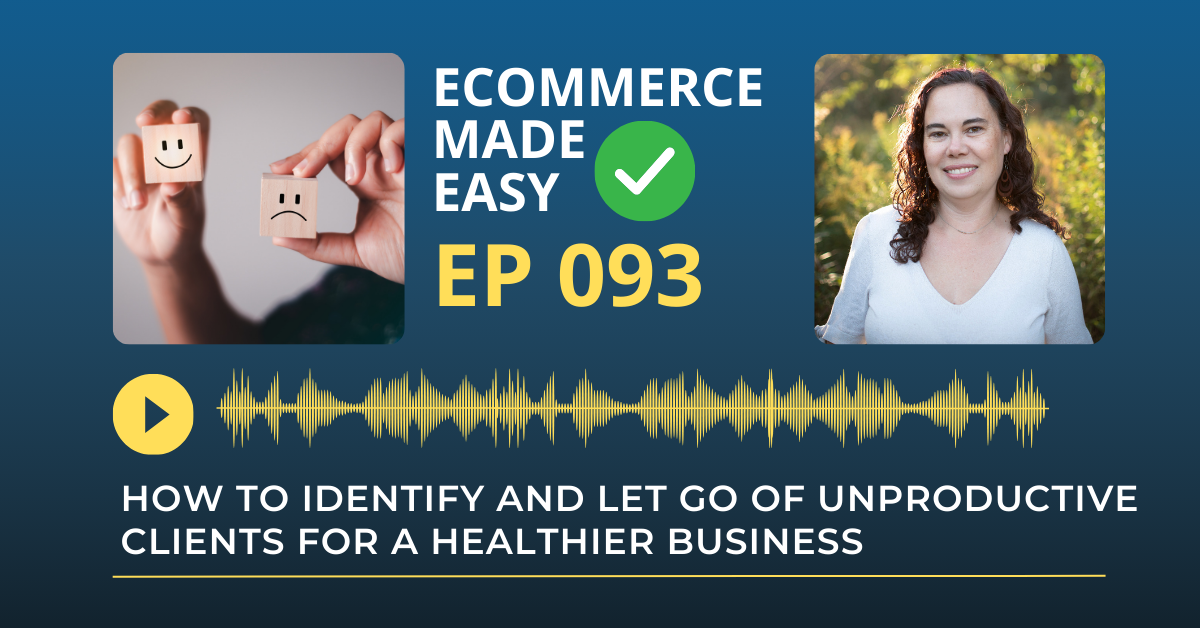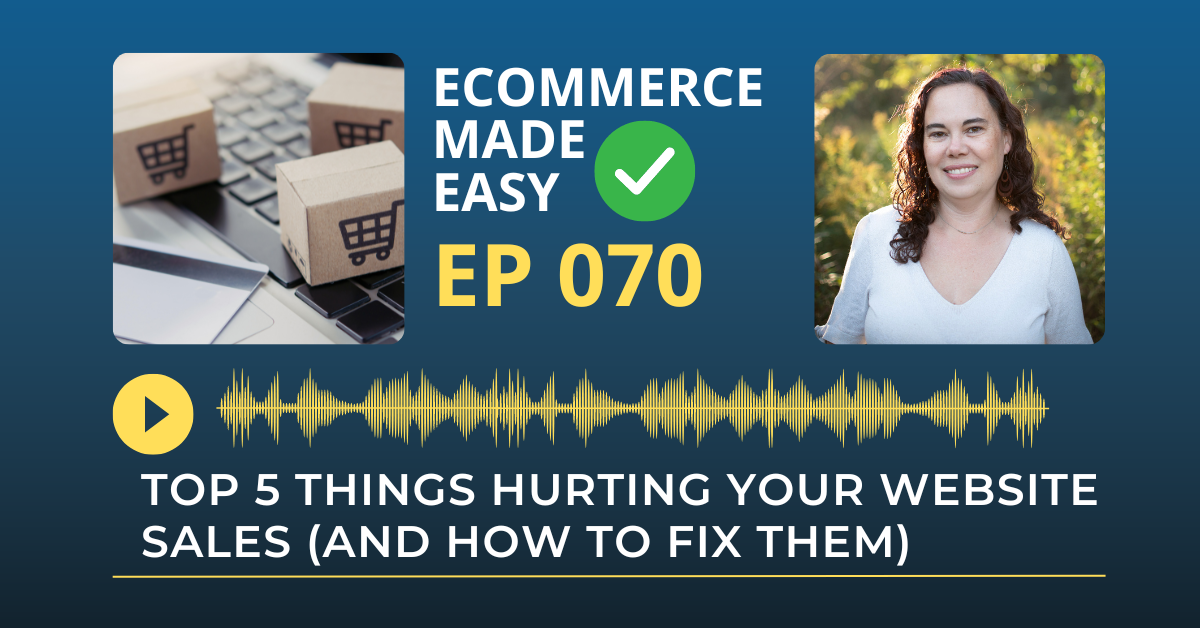Is your website quietly sabotaging your Google rankings?
You could be doing everything right—marketing, content, offers—but if your site is missing just a few key things, Google’s quietly pushing you to the bottom of search results. And the worst part? You probably won’t even know it… until your traffic dries up.
After auditing websites for 20+ years and helping online business owners get found by the right people, I’ve seen these same overlooked mistakes hold websites back again and again.
If even one of these five red flags shows up on your site, it might be time to take action before your visibility—and your leads—disappear.
Let’s Recap: The 5 Things Google wants to See From Your Website
In the ever-evolving digital landscape, building a beautiful website isn’t enough anymore. After analyzing websites for over two decades, I’ve identified five critical elements that remain constant in Google’s evaluation criteria—elements so fundamental that missing even one can render your site practically invisible in search results.
1. Clear Purpose and Relevance
Google’s algorithms are increasingly sophisticated at identifying who you serve and what you offer. This starts with your homepage headline and carries through every page title and section heading.
The key here is clarity. Many business owners make the mistake of trying to sound clever or overly polished, but what truly matters is plain language. If you’re a course creator helping moms start Etsy shops, say exactly that. Use simple, straightforward language—ideally at a third to fifth-grade reading level, and never above seventh grade.
Why? Because both people and search engines skim. The clearer your purpose, the easier it is for Google to match you with the right searchers.
2. Fast Loading Speed
Site speed is a major ranking factor—and a conversion factor. Google prioritizes mobile performance first, so if your site loads slowly, especially on mobile, that’s a problem.
Sluggish sites frustrate users and reflect poorly on your brand and on Google. Use free tools like Google’s PageSpeed Insights, GTmetrix, or Webmaster Speed Tools to see what’s slowing you down. Common culprits include uncompressed images, too many plugins, or leftover code from features you’re no longer using.
One of the simplest fixes? Install a caching plugin to serve faster-loading static pages instead of generating them on demand.
3. Mobile-Friendliness
Over 60% of website visitors use mobile devices—and Google indexes the mobile version of your site first.
If your mobile experience is clunky, hard to read, or difficult to navigate, your rankings and user engagement will suffer. Test your site on real phones, not just desktop simulators. Ask friends or colleagues with different devices to browse your site and provide feedback.
This not only uncovers usability issues but also sparks organic conversations about your business.
4. Helpful, Original Content
Google wants to serve valuable, authentic results—not AI-generated fluff. Your content should answer real questions, solve actual problems, and reflect your unique perspective.
Start with blog posts that answer common client questions. Make sure your service pages clearly explain what you do, and that product descriptions highlight benefits—not just features.
If blogging regularly feels overwhelming, aim for monthly posts at first. Or keep it even simpler: choose one question your audience frequently asks and write a helpful answer this week. Google notices when sites are updated consistently, even if it’s just a refresh of existing pages.
5. HTTPS Security
This one is non-negotiable. Google penalizes sites that lack proper security—and your visitors will too. Even if modern browsers hide the “https://” in the address bar, clicking still reveals whether your site is secure.
If your website doesn’t display the lock icon or begins with “http://” instead of “https://,” it’s time to install an SSL certificate. Most platforms handle this automatically, but if you’re self-hosted, it may require manual setup. It’s a quick fix that has a big impact.
Laying the Groundwork for Better Rankings
These five elements form the foundation of effective SEO. While it’s tempting to dive into advanced strategies, skipping these basics is like trying to decorate a house without building a solid foundation. Get these right, and you’ll be well on your way to showing up in search results—and reaching the audience you’re meant to serve.
Rate, Review, & Follow on Apple Podcasts
If you’re loving my eCommerce Made Easy Podcast, I’d be thrilled if you could rate and review the show on Apple Podcasts. Your ratings and reviews help me reach more listeners and empower more people like you to thrive in the online business world.
Just click here to head over to Apple Podcasts, scroll down, give us a five-star rating, and share what you enjoyed most about the episode in the “Write a Review” section.
If you haven’t hit that follow button yet, now’s the perfect time! I have new episodes coming your way every week that you won’t want to miss. Hit the follow button and stay up to date with the eCommerce Made Easy Podcast! Follow Now!




